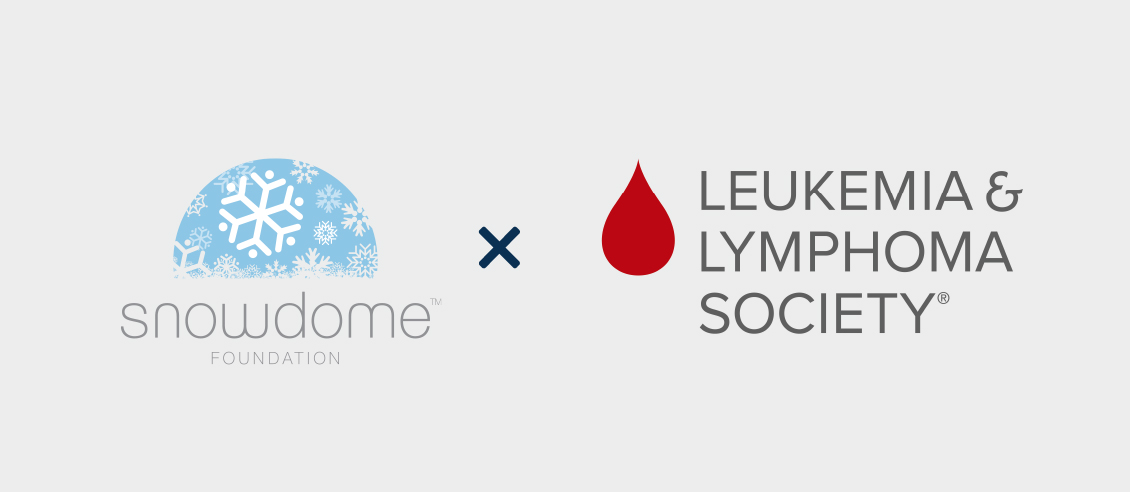Australian Blood Cancer Research to benefit from a joint funding partnership

The Snowdome Foundation has joined forces with the Leukaemia Foundation and America’s The Leukemia & Lymphoma Society (LLS) to fund blood cancer research projects with Australian researchers through the LLS Translational Research Program (TRP). The TRP is an LLS initiative that aims to fund new and innovative research that shows high promise for translating basic biomedical knowledge to clinical application.
The partnership between The Leukemia & Lymphoma Society, Snowdome Foundation and the Leukaemia Foundation allows for increased funding, greater reach and ultimately more blood cancer research to be conducted.
This collaborative partnership has so far agreed to fund four TRP projects to the value of US$2.4million in 2018/19 and an additional two projects to the value of US$1.3million in 2019/20. These projects will focus on vital blood cancer research programs across myeloma, lymphoma and leukaemia.
2018/2019 grant recipients
The partnership is proud to announce the 2018/19 grant recipients that sees four Australian researchers each receive grants worth US$600,000. Their respective research proposals are:
Dr Ricky Johnstone (University of Melbourne) – Melbourne

Dr Johnstone aims to advance novel precision medicine therapies for diffuse large B-cell lymphoma (DLBCL), the most common form of non-Hodgkin lymphoma.
He is testing therapies that inhibit a gene called TET2 that is often mutated in blood cancers, including DLBCL. TET2 plays a role in a mechanism called epigenetics, which switches genes on and off. When these epigenetic changes activate or inactivate genes improperly it allows cancer cells to proliferate.
Dr Stephen Nutt (Walter & Eliza Hall Institute) – Melbourne

Multiple myeloma (MM) is a cancer characterised by overgrowth of a white blood cell called plasma cells that form in the bone marrow. This aberrant growth depends on a regulatory protein called IRF4. Dr Nutt will employ a novel approach to identify and test drugs that can inhibit IRF4 and block the growth of MM cells.
Dr Ashwin Unnikrishnan (UNSW Sydney) – Sydney

The drug azacitidine is currently the best available treatment for myelodysplastic syndrome (MDS), yet the majority of patients do not respond to the drug, and others eventually suffer relapse. Dr Unnikrishnan will investigate mechanisms by which azacitidine inhibits MDS cells and identify cellular pathways and features that are modulated by azacitidine treatment. This study will provide insight into why some patients do not respond and lay the groundwork for development of alternative therapeutic strategies.
Dr Charles Mullighan (St. Jude Children’s Research Hospital) – New York and Memphis

Acute lymphoblastic leukemia (ALL) remains a leading cause of childhood cancer death, and one type of this disease, Philadelphia-like ALL (Ph-like ALL), has an extremely poor outcome. A common feature of Ph-like ALL is the aberrant function of a particular gene named CRLF2. Dr Mullighan will develop two novel therapeutic approaches to counteract the CRLF2-related defects in cancer cells.
Applications closed for the 2019/20 TRP
On 1 June 2019, the collaboration agreed to continue to fund an additional two TRP grants valued at US$650,000 each in the 2019/20 LLS grant round. This will operate under the same Leukaemia & Lymphoma Society – Snowdome Foundation – Leukaemia Foundation Translational Research Projects partnership.
Letters of Interest closed on 31 August 2019.
